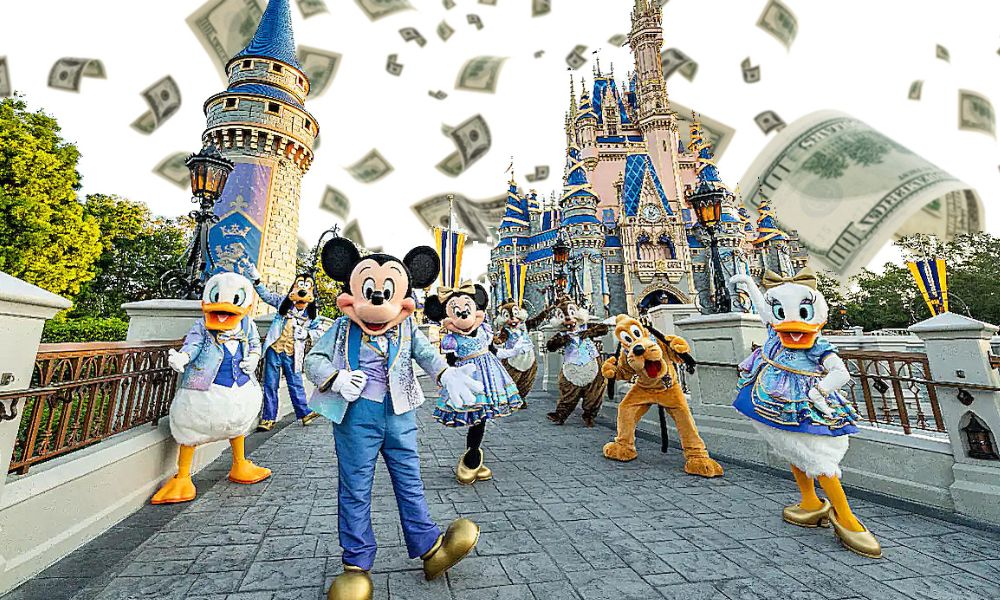
When you think of The Walt Disney Company, the first things that often come to mind are enchanting animated movies and magical theme parks.
However, Disney's revenue streams extend far beyond these iconic offerings.
In this blog, we'll explore the diverse ways Disney generates income, showcasing its business prowess and adaptability.
Disney owns a robust portfolio of media networks, including ABC, ESPN, Disney Channel, and National Geographic.
These networks generate substantial revenue through advertising, subscription fees, and licensing agreements.
ESPN, in particular, is a sports broadcasting giant that draws millions of viewers and advertisers.
| Are you a Tax Lawyer in USA? 👉Transform Your Brand: Click for Metamorphosis👈 |
The digital age has seen Disney making significant strides in the streaming industry.
Disney+ was launched in late 2019 and quickly became a major player in the market.
The platform boasts a vast library of Disney, Pixar, Marvel, Star Wars, and National Geographic content.
Subscriptions and original content production on Disney+ have added a substantial income stream for the company.
Disney's brand is synonymous with merchandise ranging from toys and clothing to home goods and collectibles.
The licensing of characters and franchises for consumer products generates substantial revenue.
Disney stores, both physical and online, contribute to this lucrative segment.
While movies are a well-known part of Disney's revenue, it's not just about box office earnings.
The company monetizes its content through various channels, including home entertainment (DVDs and Blu-rays), television syndication, and digital distribution.
This ensures a steady stream of income from their extensive library of films.
Disney Publishing Worldwide produces books, magazines, and digital content featuring Disney characters and stories.
This arm of the company generates revenue through book sales, e-books, and licensing deals.
Beyond consumer products, Disney's intellectual properties are licensed for a wide range of products and experiences, from video games and mobile apps to theme park attractions and cruise ship experiences.
Licensing fees and revenue-sharing agreements are a substantial part of Disney's income.
Disney operates a fleet of cruise ships that offer themed cruises with Disney characters and experiences.
These luxury vacations generate significant income and cater to families seeking a unique Disney adventure at sea.
In addition to its flagship streaming service, Disney also owns ESPN+ and Hulu.
ESPN+ offers exclusive sports content and has a subscription-based model, while Hulu offers a wide range of streaming content with both ad-supported and ad-free subscription options.
Disney's global reach extends to international ventures, including Disneyland Paris, Tokyo Disney Resort, Hong Kong Disneyland Resort, and Shanghai Disney Resort.
These international theme parks generate income and contribute to the company's global brand presence.
Disney's acquisition of major studios like Pixar, Marvel, Lucasfilm (Star Wars), and 21st Century Fox expanded its content portfolio.
The success of franchises like "Star Wars" and the Marvel Cinematic Universe has been a significant source of revenue through movies, merchandise, and spin-off series on Disney+.
In conclusion, Disney's ability to diversify its revenue streams is a testament to its adaptability and business acumen.
While movies and theme parks remain iconic, Disney's foray into streaming, consumer products, media networks, and international expansion has allowed it to remain a dominant force in the entertainment industry, catering to audiences of all ages around the world.
As technology and consumer preferences continue to evolve, Disney's innovative approach to generating income ensures it remains a magical and financially prosperous company.